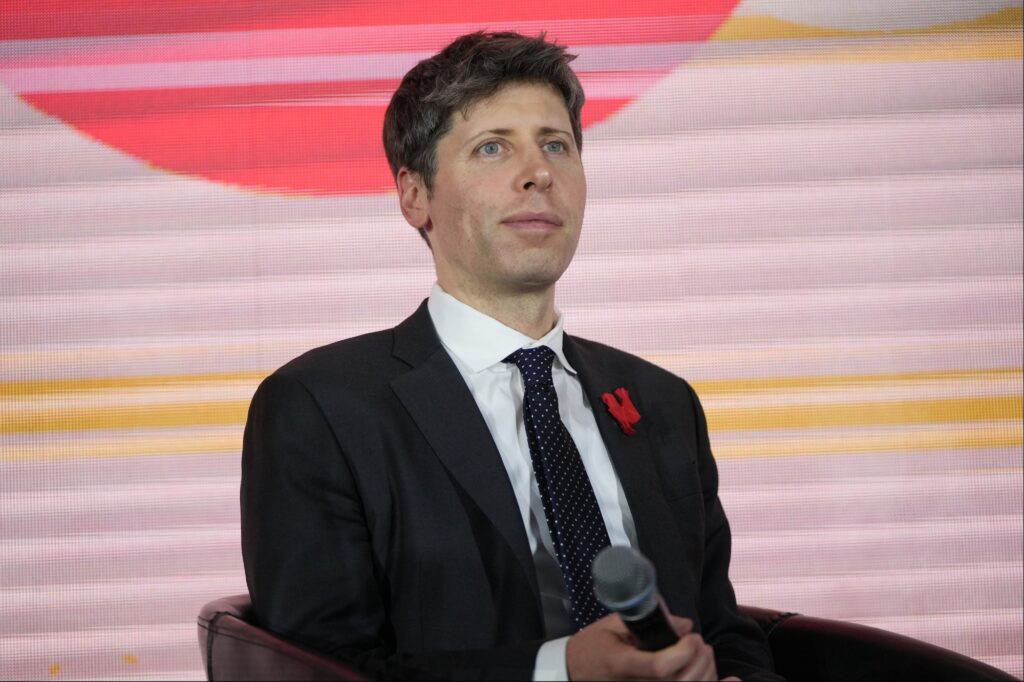Months after publicly stating its intention to shake up its company construction, OpenAI has reversed course and determined that its nonprofit arm will hold controlling its for-profit enterprise.
In response to an OpenAI blog post printed Monday, the corporate’s board of administrators determined that OpenAI will proceed to depend on the oversight and management of its nonprofit division transferring ahead.
“OpenAI was based as a nonprofit, and is right now overseen and managed by that nonprofit,” OpenAI board chairman Bret Taylor wrote within the weblog publish. “Going ahead, it’ll proceed to be overseen and managed by that nonprofit.”
The corporate’s for-profit LLC, which has lived below the nonprofit since 2019 and can proceed doing so, will change into a public benefit corporation (PBC). A PBC is a for-profit enterprise that should contemplate the general public good along with revenue in its choices. The nonprofit division of OpenAI will management and be the largest shareholder within the PBC.
“Our mission stays the identical,” Taylor famous. OpenAI’s mission is “to make sure that synthetic basic intelligence advantages all of humanity.”
Associated: Everyone Wants to Buy Google’s Chrome Browser — Including OpenAI, According to a Top ChatGPT Executive
In December, OpenAI publicly indicated in a weblog publish that it was enthusiastic about making its for-profit part a PBC, however one which had full management over OpenAI’s operations and enterprise. The non-profit facet wouldn’t oversee the for-profit, however would as an alternative be in control of charitable initiatives.
Taylor wrote on Monday that OpenAI selected to reverse course and have the nonprofit retain management over the for-profit enterprise after speaking to civic leaders and with the places of work of the Lawyer Normal of Delaware and the Lawyer Normal of California.
Greater than 30 civic leaders, former OpenAI staffers, and Nobel laureates delivered letters to the places of work of the attorneys basic final month to ask that they cease OpenAI’s effort to interrupt from its non-profit governance.
OpenAI CEO Sam Altman. Photographer: Nathan Laine/Bloomberg through Getty Pictures
OpenAI has not too long ago been embroiled in a authorized battle with Elon Musk, who helped co-found the corporate and left in early 2018 following a failed bid to take it over. Musk has since filed lawsuits towards OpenAI and its CEO, Sam Altman, accusing them of breaking OpenAI’s founding settlement and dealing to maximise earnings for Microsoft as an alternative of humanity as a complete. Microsoft has invested close to $14 billion in OpenAI.
Musk even led an unsolicited offer to purchase OpenAI for $97.4 billion in February, which Altman quickly shot down on X. As of press time, Musk had but to remark.
Associated: OpenAI Is Creating AI to Do ‘All the Things That Software Engineers Hate to Do’
OpenAI began as a nonprofit in 2015 and transitioned to a “capped profit” firm in 2019, that means that the corporate’s earnings had been restricted to a specific amount, with extra earnings given to the nonprofit guardian group. The for-profit arm raised $1 billion from Microsoft in 2019, alongside a $100 million preliminary fundraising spherical.
In November 2022, OpenAI launched its AI chatbot ChatGPT, which was utilized by 500 million global weekly users as of March, up from 400 million in February.
OpenAI closed a $40 billion funding round in March, the largest personal tech deal ever, which valued the corporate at $300 billion.
